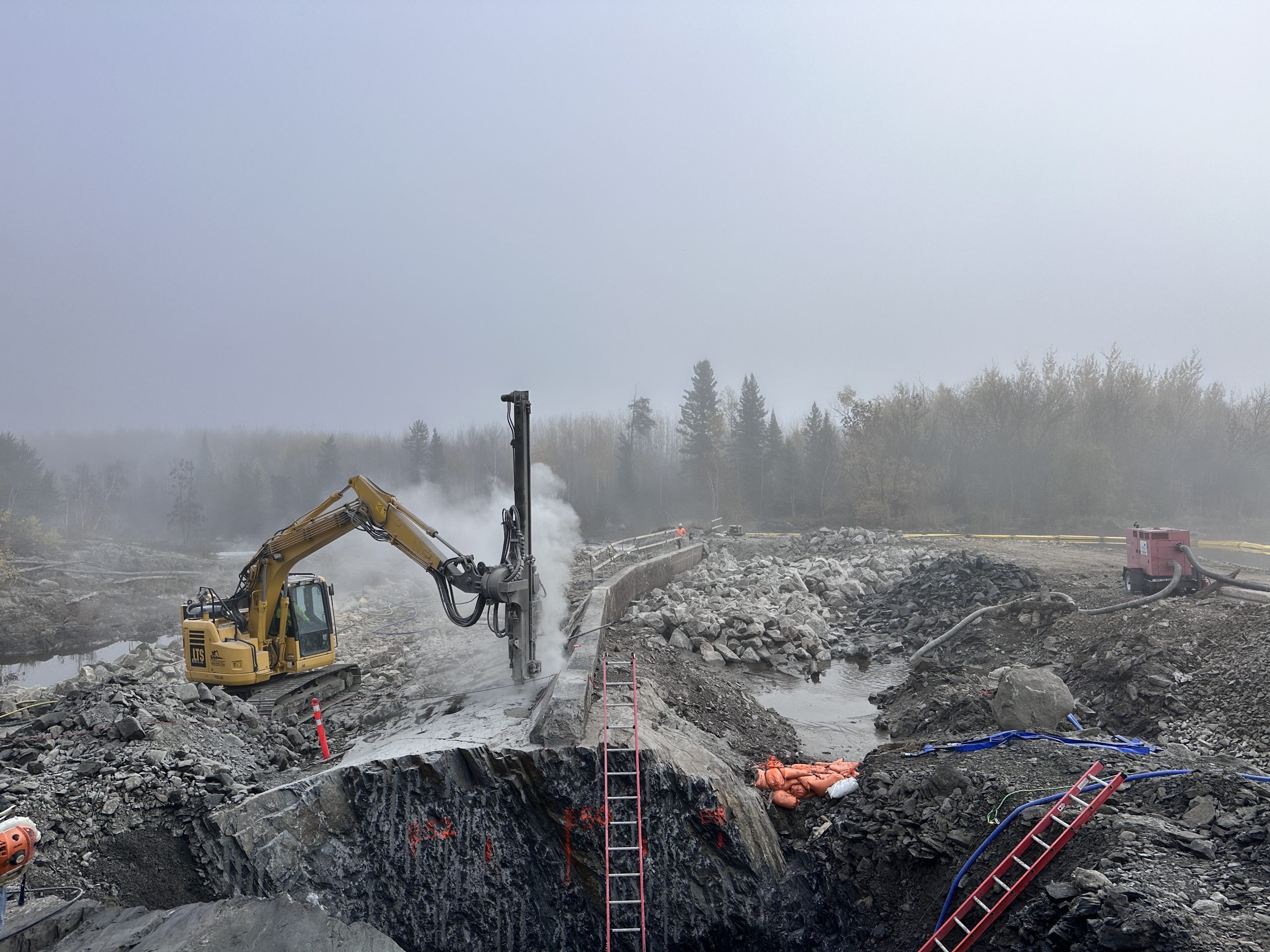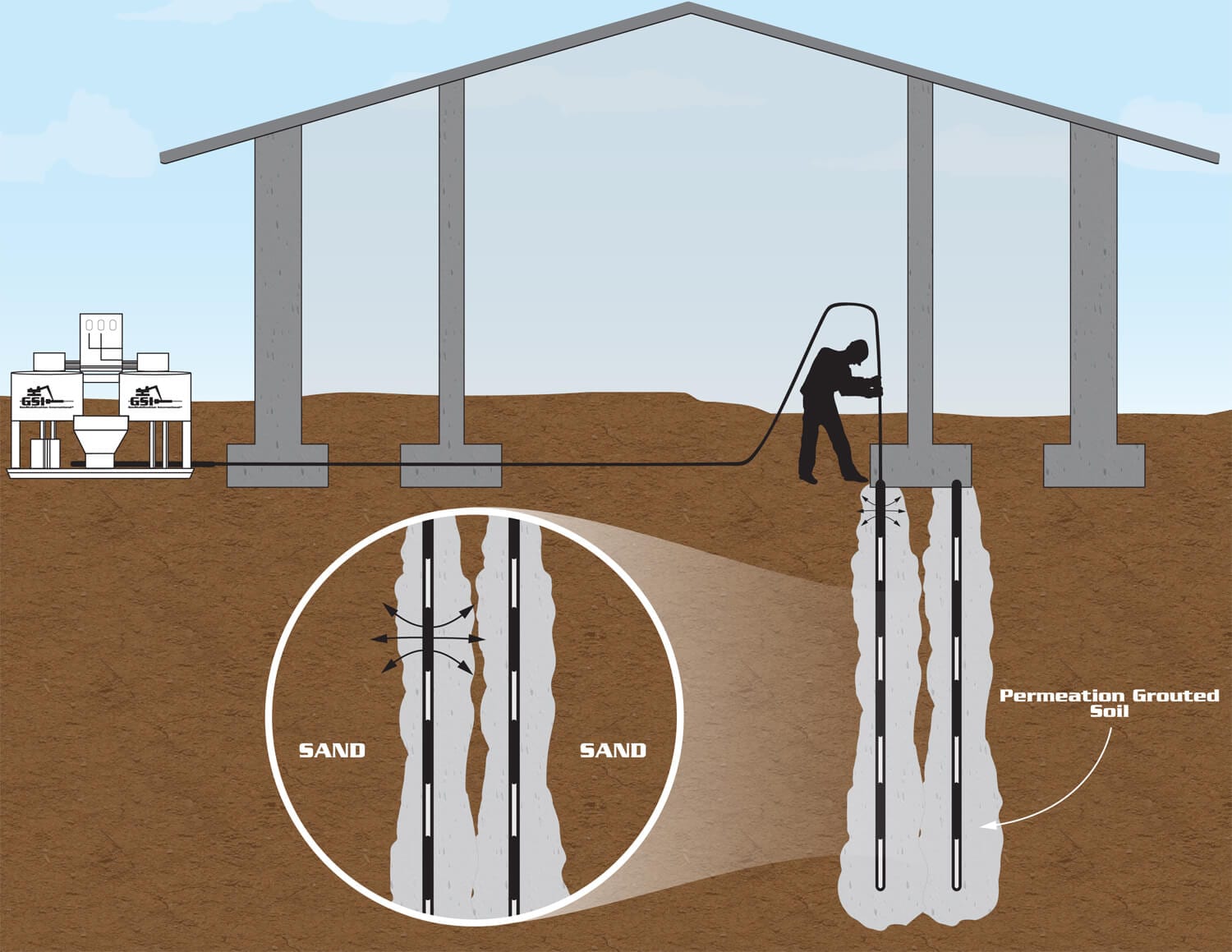What Types of Soil are Best Suited for Chemical Grouting?
In short, it can be used in a variety of soil types. However, it is particularly effective in granular soils, such as sand and gravel, where the grout can permeate between soil particles and bind them together. This improves the soil’s bearing capacity and stabilization. It can also be used in cohesive soils, such as clay and silt, but the injection process may be more difficult due to the soil’s cohesive properties. When it comes to rock formations, it is ideal for fractures and crevices that need to be filled and stabilized.






